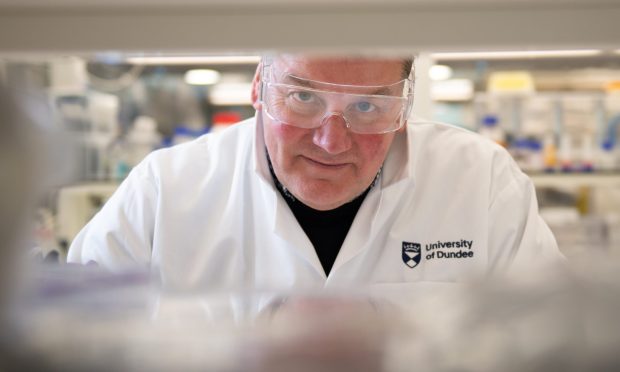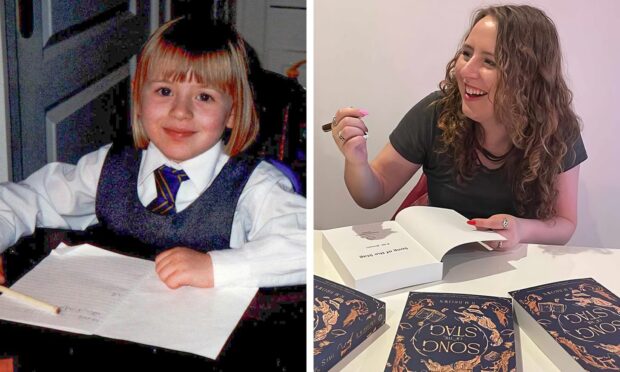A landmark study, which was carried out in part at Ninewells Hospital, has shown a new drug can prevent heart attacks and strokes.
The trial, which was carried out at 74 UK sites including Dundee, showed the drug could cut bad cholestrol to unprecedented levels.
Over 27,000 patients were tested to measure the effect of the evolocumab drug, which has been approved for use by the Scottish Medicines Consortium.
The drug was found to reduce the risk of a heart attack by 27% and the risk of a stroke by 21% when compared to therapy with statins.
Dr Isla MacKenzie, from Dundee University and Ninewells Hospital, said the breakthrough was significant.
“It’s an exciting advance in that we’ve found another treatment that lowers the risk of heart attacks and strokes in patients who are already at high risk,” she added.
The patients in the trial were already taking statins and their risk level was cut even further by the new medicine.
Professor Naveed Sattar, from the Institute of Cardiovascular and Medical Sciences at Glasgow University, added: “The results of this trial confirm what was hoped — namely we have a new, safe way to lower cholesterol and heart attack risks that works on top of statins.
“However, the results need to be looked at carefully to work out which patients should be targeted.
“The drug’s current high costs mean that only those at very high risk of heart disease and with persistent high cholesterol despite statins and other agents will be eligible.”
Professor Peter Sever, of Imperial College London, a member of the study’s executive committee, added it was “probably the most important trial result of a cholesterol-lowering drug in over 20 years”.
An estimated 670,000 people lived with cardiovascular disease (CVD) in Scotland. The highest CVD death rates in the UK are nore of the border, with early death rates from CVD — before the age of 75 — also the highest. Over 4,600 people under the age of 75 in Scotland die from CVD each year.
Evolocumab affects the way the liver works, cutting bad cholesterol in the process.
It is thought to cost the NHS around £2,000 a year when given to patients who do not respond to statins.









